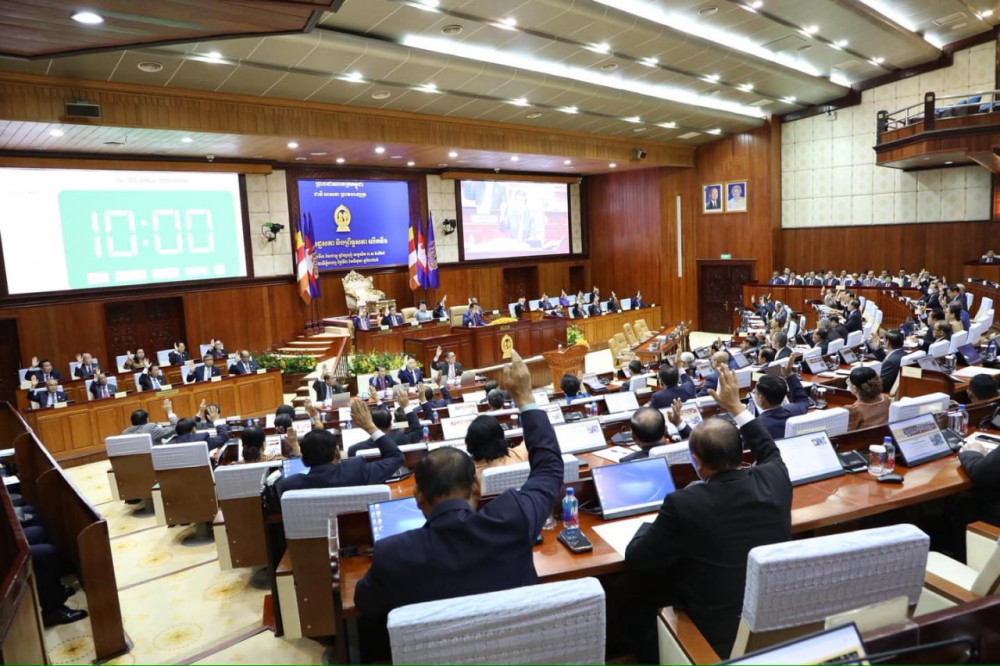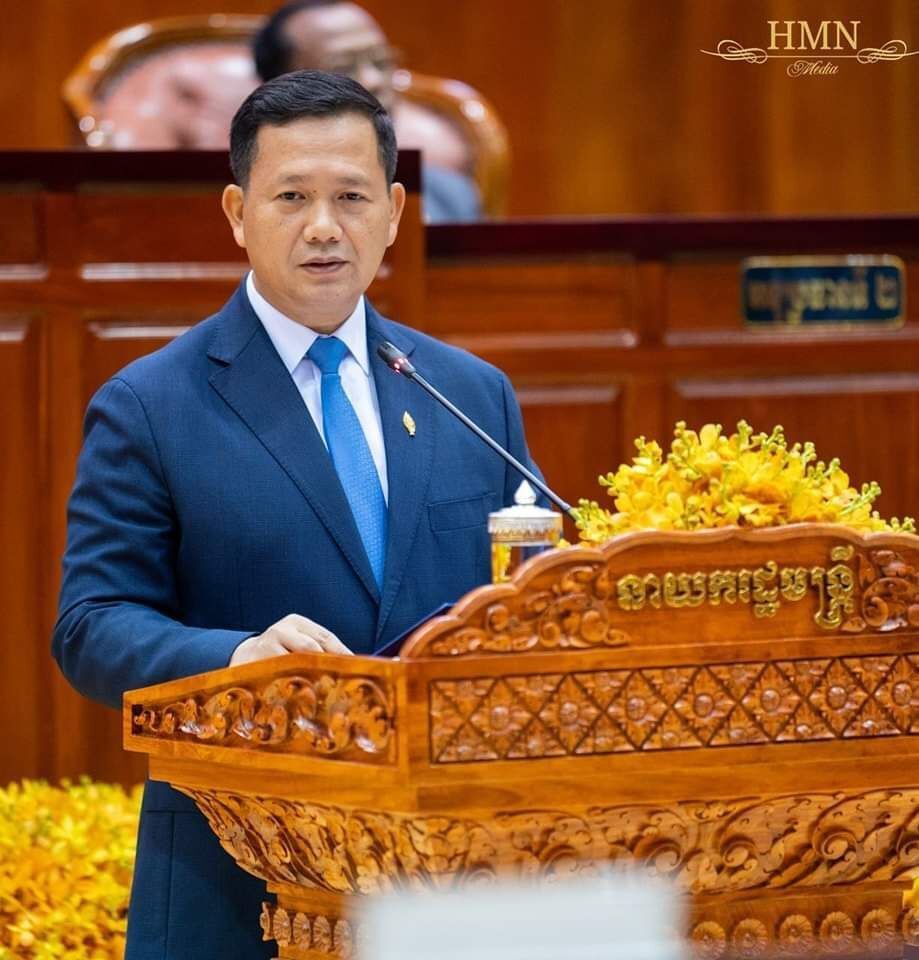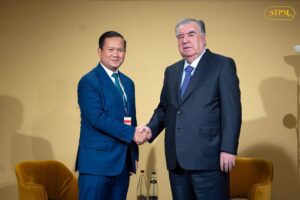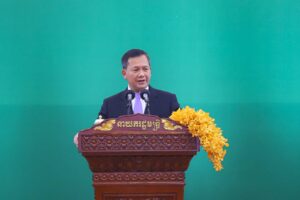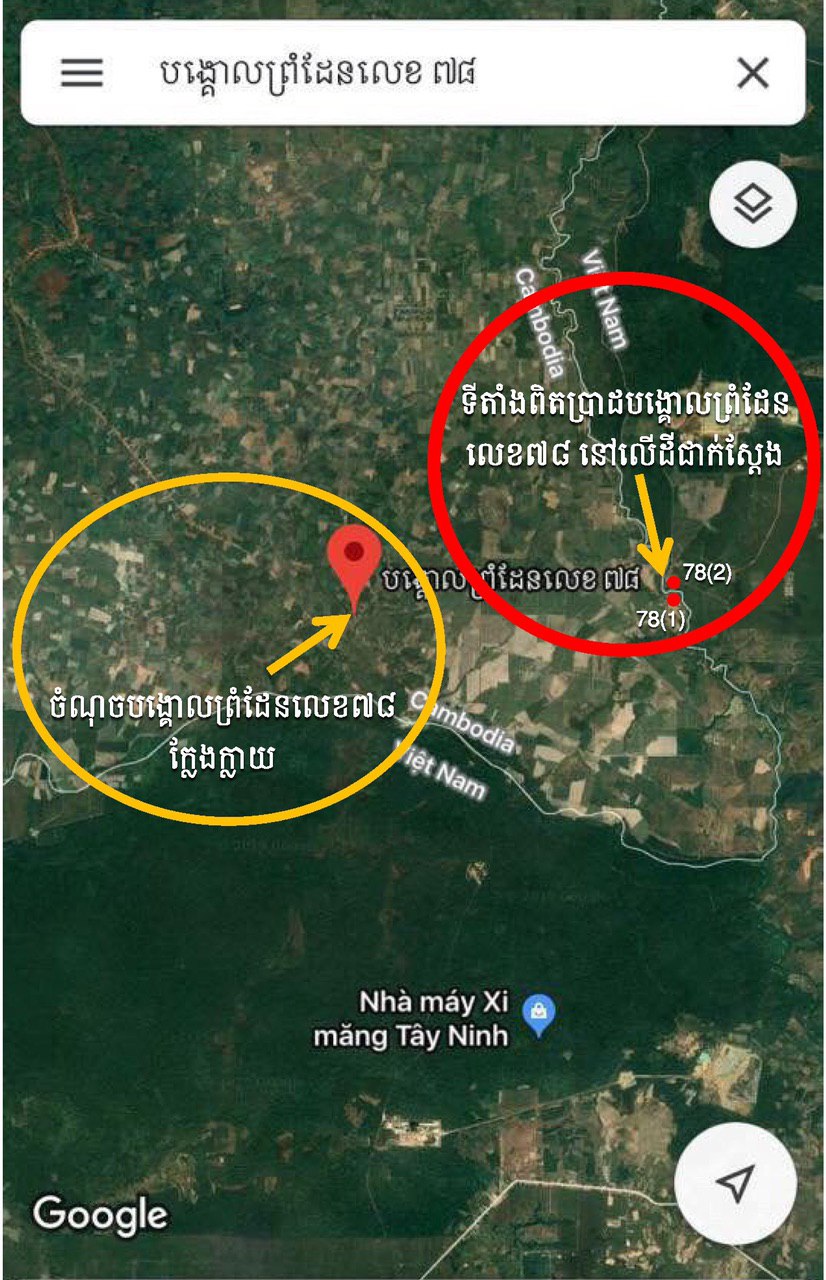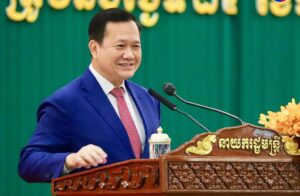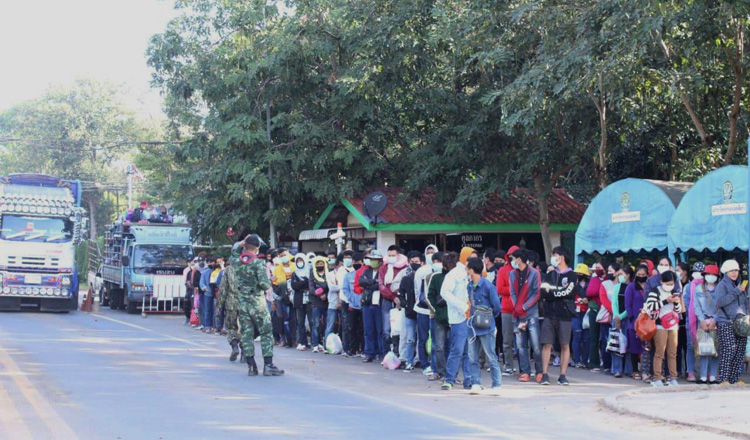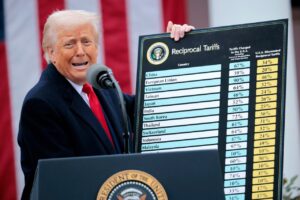Cambodian PM Details Progress in Formalising Informal Economy, Outlines Future Initiatives
Samdech Moha Borvor Thipadei Hun Manet, Prime Minister of Cambodia, addressed the Congress of the National Assembly and Senate, presenting a progress report on the National Strategy for the Development of the Informal Economy 2023-2028.
While noting key achievements, he also outlined ongoing challenges requiring continued government attention, according to a news release issued by the National Assembly this evening.
Samdech Thipadei Hun Manet underlined the crucial role of the informal economy strategy in advancing the Royal Government’s Pentagonal Strategy-Phase I, focused on growth, employment, equity, efficiency, and sustainability. He emphasised that reducing the size of the informal sector is essential to enabling more workers and businesses to benefit from legal protections, social security, and government support.
Highlighting key achievements over the past 18 months, Samdech stated that the government has developed a digital platform simplifying registration for informal workers and businesses, allowing them to gain legal status and access public services. He noted that ministries have issued sub-decrees and guidelines clarifying tax benefits and registration procedures to encourage formalisation.
Samdech added that vocational training programmes have been expanded to equip informal workers with essential skills and certifications. He emphasised that efforts continue to broaden social security coverage, ensuring access to healthcare and social benefits. Samdech also noted that banks and microfinance institutions are being encouraged to expand credit and financial services to support small informal businesses.
At the same time, Samdech acknowledged several ongoing challenges. He pointed out that registration rates remain uneven across provinces, requiring more localised and coordinated interventions. Ensuring that newly registered workers can fully access benefits, including social security and affordable financing, remains a top priority. Samdech further highlighted concerns over the long-term financial sustainability of expanding comprehensive social security to the informal sector.
To address these challenges, Samdech Thipadei Hun Manet outlined a comprehensive action plan. He stated that the government will strengthen institutional capacity by providing additional training to local officials involved in registration and support activities. He highlighted plans to expand outreach and public awareness campaigns, particularly at the sub-national level, to promote registration among informal workers. Samdech added that youth networks and local activist groups will be mobilised to support grassroots registration efforts.
The Prime Minister also announced the launch of mobile registration units to reach remote and underserved communities and introduced the “1+1” campaign, encouraging registered individuals to refer others for registration. In addition, Samdech stated that the government will implement SMS-based information campaigns, in collaboration with the National Bank of Cambodia, targeting users of QR-based payment systems.
Samdech Thipadei Hun Manet stressed that successful implementation of the strategy requires strong inter-ministerial coordination, decentralisation, and well-designed incentives to encourage voluntary registration. He underscored the importance of fiscal responsibility to ensure that expanded social security coverage remains financially sustainable. Furthermore, he emphasised that addressing root causes of informality, such as poverty and limited education, will be essential for long-term success.
In closing, Samdech reaffirmed the government’s unwavering commitment to formalising Cambodia’s substantial informal economy, emphasising that ongoing digital transformation, workforce upskilling, and financial inclusion will be key to fostering inclusive economic growth and improving livelihoods for all Cambodians. 